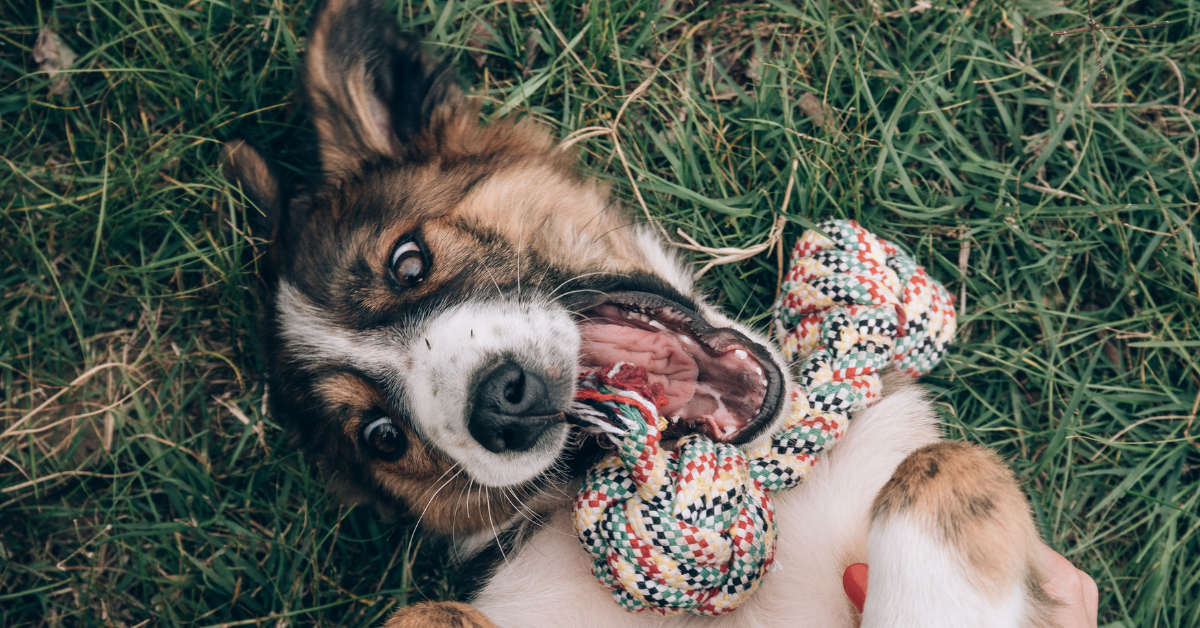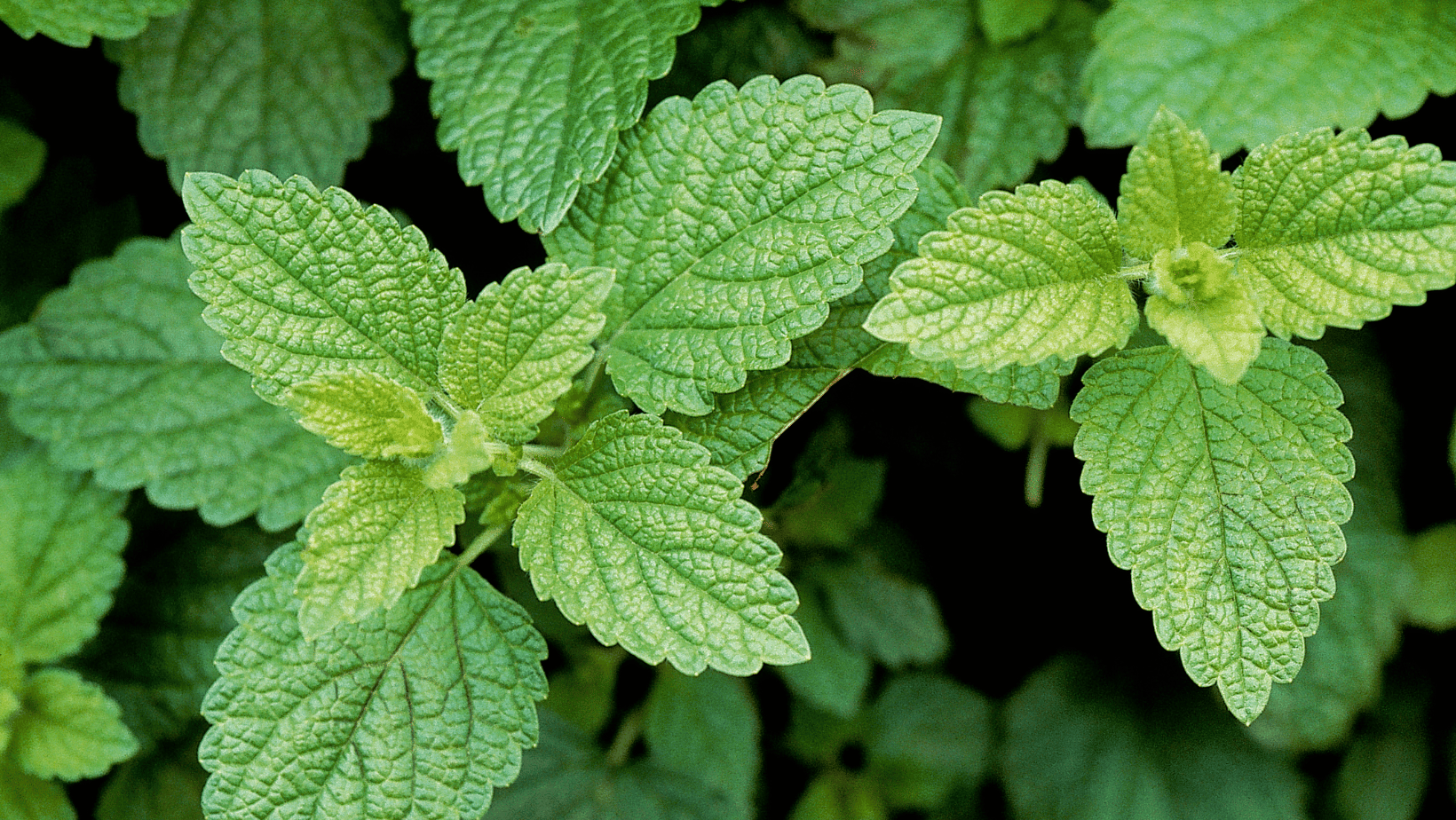Looking for more knowledge about your dog's health? On this page, you'll find various articles about the health and well-being of your dog. We discuss various herbs and minerals, but also delve deeper into conditions, diseases, and everything else related to dogs.
Others
Welfare

Health problems in dogs: What should you look for when choosing a dog?
If you want to buy a dog, there’s a lot to consider. You want an animal that suits you and that you can enjoy for many years. Will you choose a puppy or an adult dog? Are you considering a rescue dog? Or would you prefer a pedigree puppy from a reputable and trustworthy breeder? With all these choices, the health of your future pet also comes into play. What should you pay attention to?. Many health problems in dogs are related to the breed. Certain breeds have far more health issues than others. That’s why choosing the right breed and the right breeder is important. Dog breed If you choose a purebred dog, it’s important to take into account health problems that commonly occur in that specific breed. In some cases, tests can be carried out before purchase. So make sure you are well informed! Examples of breed-specific health problems include: Large breeds such as German Shepherd...
Others
Welfare

Overbreeding in dogs: what is it, why is it dangerous, and how can you recognize it?
When you are looking for a dog, you often hear that you should be careful about “overbreeding.” But what does that actually mean, and why is it dangerous? In this article, we explain what it is and what to look out for.. Overbreeding means that dogs are repeatedly bred within a small group, such as within the same family line or breed. This is often done to preserve or enhance certain physical traits (such as a specific coat color or head shape) or characteristics (such as hunting instinct). However, when this happens too often, the dogs become increasingly closely related. As a result, the risk of health problems increases, because harmful genes occur more frequently and are passed on more easily. What is inbre...
Others
Welfare

What should you look out for when getting a puppy?
You’ve made the decision: you want a puppy. But what should you look out for? All puppies are adorable, and you can fall in love in an instant. How do you avoid making the wrong choice?. Many people choose a puppy because they want to get the dog used to its future life from the very beginning and have it with them for as long as possible. Others choose a puppy because they want a specific breed. Before getting a puppy, however, it is important to realize that raising a puppy requires a lot of time and attention—often including sleepless nights. Make sure you know what you are getting into. Would you rather adopt an older dog? In the Netherlands, many dogs are waiting in shelter...
Others

Which dog breeds are still truly healthy?
If you are looking for a dog, you naturally want to choose an animal that is as healthy as possible. Many dog lovers are aware that a number of dog breeds suffer from health problems. Some breeds have been overbred to such an extent that they almost always have one or more hereditary health issues. But is it still possible to find a truly healthy dog breed?. The Raad van Beheer, the umbrella organization for, among others, Dutch pedigree dog clubs, advocates buying a pedigree dog with an official pedigree certificate. Dutch pedigree dogs are subject to strict European breeding regulations. This means, for example, that female dogs may only have one litter per year and that there are rules in place to prevent inbreeding. According to the Raad van Beheer, Dutch pedigree dogs are therefore healthier than other pedigree dogs, such as those from large-sc...
Joints
Welfare
.png)
Joints
Welfare
.png)
Five tips to support your ageing dog’s mobility
All dogs need exercise, even as they grow older. A daily walk is essential for every dog. But what can you do if your dog has difficulty getting started and feels a bit stiff? We share five tips to help keep your senior dog moving in a healthy way.. Exercise is essential for your dog. It contributes to relaxation, mental well-being, good stamina, flexibility and healthy digestion. Tip 1: Use it or lose it Many older dogs develop joint wear and tear and/or osteoarthritis. This often comes with age. Exercise is important to keep the joints active and to prevent further deterioration. Take your senior dog for regular walks, but don’t overdo it. Several shorter walks a day are better than one long one. You may also need to slightly reduce heavy...
Joints
Others
Welfare

Exercising with Your Dog: Key Considerations and Joint Health
Many people enjoy exercising with their dog – and it’s a lot of fun! However, you must consider what your dog can handle, which depends on breed, age, and fitness. Proper nutrition and training are essential to exercise safely with your dog and maintain healthy joints.. No intense exercise for puppies Puppies need exercise but are not yet ready for athletic performance. Their joints, muscles, tendons, and ligaments are still developing. Movement is important, but overloading or unusual movements can be harmful. Most dog sports require the dog to be at least six months old, often even a year. Basic obedience training is also needed, e.g., puppy classes. Some dog sports also require a “traffic-safe dog” certificate. Build-up, activity, and recovery Dogs need to b...
Stress

Dog Under Stress: Six Tips for Acute Anxiety
Sometimes a dog suddenly becomes stressed, for example due to fireworks, an unexpected event, or a visit to the vet. Here are six tips for dog owners who want to help their dog during acute stress. An anxious dog can be challenging for both the animal and the owner.. Tip 1: Create a safe space Provide a calm, familiar place where your dog can retreat. This could be a crate with a blanket, an open cupboard, or a corner with their favorite bed. Add something that smells like you, such as a worn shirt or their favorite toy, for extra reassurance. Tip 2: Stay calm and confident yourself Dogs sense your emotions. If you are tense, it can increase their anxiety. Speak calmly, move slowly, and avoid excessive comforting, as this may reinforce fear. Act as normally...
Stress

What Effect Does Stress Have on Your Dog’s Health?
Every dog experiences stress occasionally. Sometimes it is brief, such as a visit to the vet or during fireworks. But stress can also last longer, for example if a dog is in pain or cannot relax in its environment. Long-term or chronic stress is unhealthy.. Stress is a state in which the dog’s body is alert and ready to flee from danger or fight enemies. Stress can be positive or negative – being alert in danger is critical for survival! Hormones Stress hormones are produced by the endocrine glands: hypothalamus, pituitary, and adrenal glands (HPA axis). Stress hormones include adrenaline and cortisol. The amygdala plays a key role in processing emotions like fear, the hippocampus is involved in memory and learning, and the prefrontal cortex is res...
Stress

How to Support a Dog from Abroad (with Trauma)
Some dog lovers choose to adopt a dog from abroad. These dogs often had a difficult start and lived on the streets. This means the critical early socialization phase may not have occurred optimally, often resulting in unusual behavior, stress, or aggression. If you choose a dog with such a background, you might wonder: How can I best support my dog?. A dog from a foreign shelter or rescue has always lost a previous caregiver, whether a parent or owner. Additionally, the dog has likely experienced other traumatic events. Therefore, always approach your dog with empathy and a gentle mindset. Give Your Dog Time and Stability First, give your dog time to adjust to the new situation. They need time to get used to their new home, owner, food, and other animals. Try to maintain as stable a routine as possible to prevent triggering anxiety due to ch...
Stress

How to Reduce Stress in Dogs
Not only humans, but also dogs can experience stress. Prolonged or intense stress is harmful to your dog's well-being and can even cause physical health problems.. Dogs have over 40 different ways to show stress. Unfortunately, these signals are not always recognized, as they may also indicate medical issues. The ten most common stress signals in dogs are: Yawning Looking away/turning away Lip licking Shaking/trembling Tail tucked or low Excessive scratching without obvious reason Panting (without exertion) Avoidance behavior, hiding Showing the whites of the eyes Sudden excessive sniffing Reducing Stress in Dogs There are several ways to reduce stress in...
Fleas & ticks

Which herbs are effective against fleas?
Many anti-flea products sold in shops are actually chemical pesticides. Many people prefer not to use these substances because their dog might lick them, because they end up in water when the dog swims, or because children may come into contact with them. The products are also harmful to the environment.. Did you know that many ingredients still used in flea collars and spot-ons are banned in agriculture? For example, poultry farmers are no longer allowed to use fipronil to disinfect their barns, yet this pesticide is still found in some spot-ons for dogs and cats. A strange situation! Luckily, there are many alternatives — mechanical flea collars and the use of plants and herbs to repel fleas. Which plants work against fleas? Certain essential oils such as lavender, eucalyptus, peppermint, rosem...